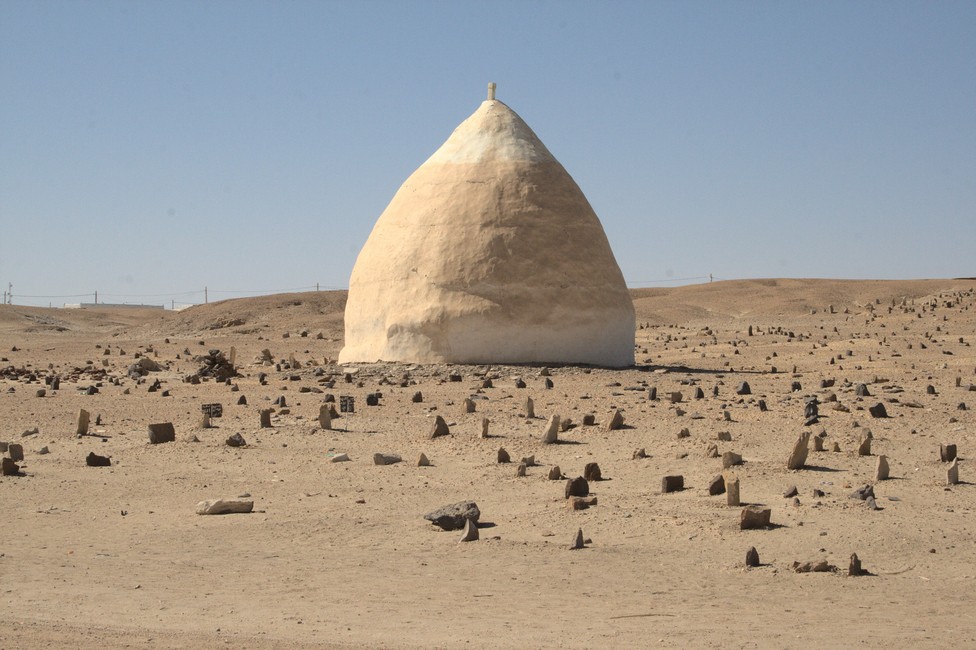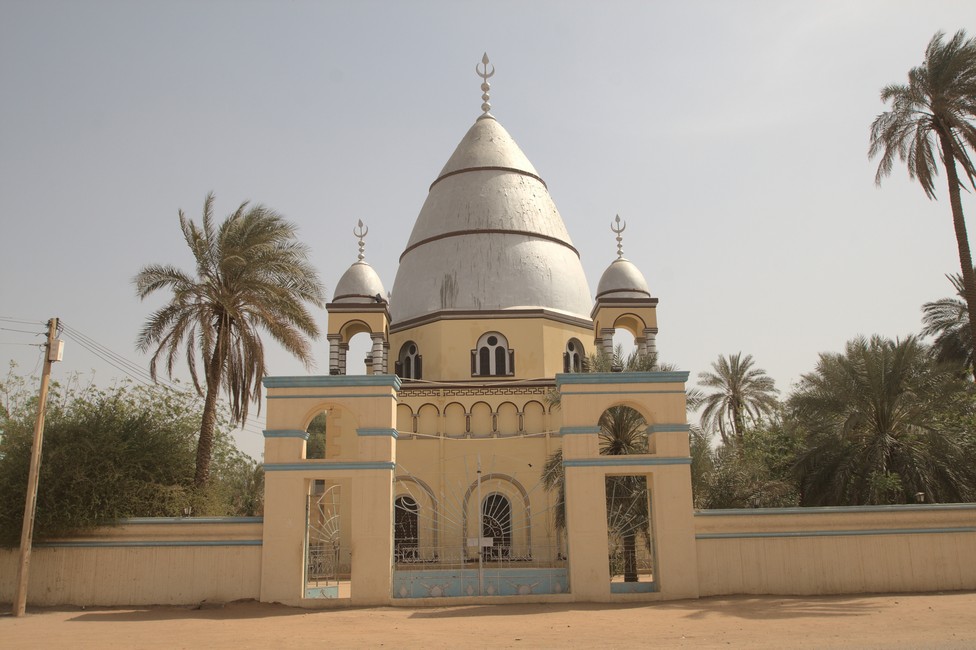Introduction
Sudanese cemeteries are not merely resting places for the deceased but are repositories of the nation’s rich history, diverse culture, and religious traditions. With a history that spans millennia, Sudan’s cemeteries hold profound significance, reflecting the tapestry of its various ethnic, religious, and cultural influences. This essay explores Sudanese cemeteries, their historical roots, their connection to religious practices, and their role in preserving Sudan’s unique heritage.

Historical Roots of Sudanese Cemeteries
Sudan’s history is characterized by ancient civilizations, diverse ethnic groups, and a blend of cultures that have shaped the country’s cemeterial landscape. These historical roots provide an understanding of the evolution of Sudanese cemeteries.
- Ancient Civilizations: Sudan has been home to several ancient civilizations, such as the Kingdom of Kush, the Kingdom of Meroë, and the Christian kingdoms of Nubia. The burial practices of these civilizations have left an indelible mark on Sudanese cemeteries. For example, the pyramids and burial chambers of Meroë, reminiscent of the Egyptian pyramids, are a testament to the historical grandeur of the region.
- Nubian Burial Sites: The Nubian people have their distinctive burial traditions, which are evident in the intricate tombs and pyramids of the Nubian Desert. These burial sites provide insights into Nubian culture and the veneration of the dead.
- Islamic Influence: With the spread of Islam across Sudan, Islamic burial customs have influenced cemeteries throughout the country. Islamic cemeteries adhere to the tradition of burying the deceased as soon as possible, facing the body towards Mecca, and marking graves with simple headstones.
Cultural and Religious Significance
Sudanese cemeteries are significant not only from a historical perspective but also from cultural and religious viewpoints. They are a reflection of the rich diversity of the nation’s cultural and religious fabric.
- Islamic Cemeteries: In Sudan, the majority of the population practices Islam, and Islamic cemeteries are a prominent feature. These cemeteries are meticulously organized, following Islamic customs, and are often adorned with ornate mausoleums and shrines of revered religious figures.
- Christian Cemeteries: Christianity has a long history in Sudan, particularly in the Nubian regions of the country. Christian cemeteries reflect the Christian faith’s practices, with crosses and Christian symbols adorning graves and headstones.
- Traditional Sudanese Cemeteries: In addition to Islamic and Christian cemeteries, Sudan has cemeteries that reflect indigenous traditions and diverse ethnic groups. These cemeteries may feature unique burial practices, grave markers, and cultural elements specific to the local communities.
- Sufi Shrines: Sudan has a strong Sufi presence, and the cemeteries often include the tombs and shrines of Sufi saints and leaders. These shrines are places of pilgrimage and devotion for Sufi adherents.
Funerary Traditions
Funerary traditions in Sudanese cemeteries are deeply rooted in cultural and religious practices. These traditions play a crucial role in honoring the deceased and providing solace to the bereaved.
- Islamic Burial Customs: Islamic burial customs in Sudan involve washing the deceased, shrouding the body in a simple white cloth, and burying it in a grave facing the Qibla (the direction of Mecca). These customs are carried out with reverence and are often performed swiftly after death.
- Traditional Practices: Various ethnic groups in Sudan have their unique funerary traditions, which may include ceremonies, rituals, and songs. These traditions are passed down through generations and serve to celebrate the life of the departed.
Cemetery Architecture
Sudanese cemeteries are not only about the resting places but also the architectural elements that adorn them, creating a distinct visual identity.
- Mausoleums: Many Sudanese cemeteries, especially those with Islamic significance, feature mausoleums and shrines. These structures are often elaborately designed and serve as places of veneration for religious figures and saints.
- Grave Markers: Different cemeteries in Sudan use various grave markers, from simple headstones to ornate sculptures. These markers can offer insights into the cultural and religious affiliations of the deceased.

Cultural Heritage and Preservation
Sudanese cemeteries are an integral part of the nation’s cultural heritage, reflecting its history, diversity, and religious pluralism. Preserving these cemeteries is crucial for safeguarding Sudan’s unique legacy.
- Cultural Diversity: Sudan is home to a mosaic of cultures, languages, and traditions. Its cemeteries showcase this diversity, serving as a testament to the coexistence of different communities and their respective practices.
- Conservation Efforts: Efforts are underway to preserve and protect Sudanese cemeteries, especially those at risk of deterioration or destruction. These efforts often involve partnerships between local communities, heritage organizations, and government authorities.
Conclusion
Sudanese cemeteries are not merely places for burial but repositories of history, culture, and religious significance. They reflect the country’s rich and diverse heritage, with influences from ancient civilizations, religious practices, and indigenous traditions. These cemeteries are living testaments to the past and are essential for preserving Sudan’s unique cultural legacy.